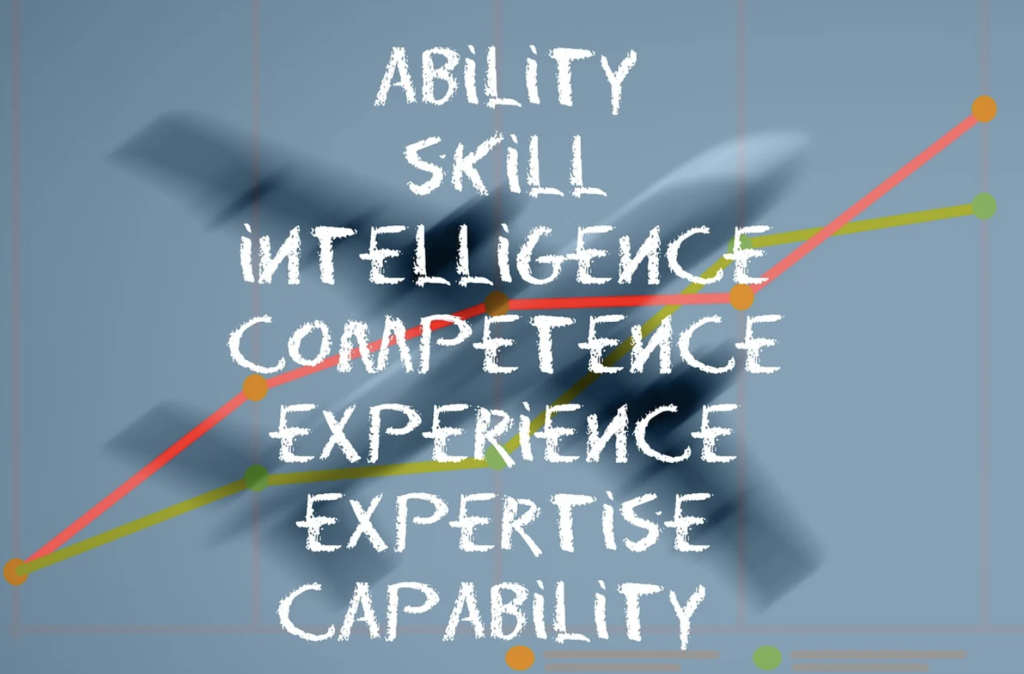Navigating the future of tech and business in 2025, the landscape of product management continues to evolve rapidly, driven by breakthroughs in technology and shifts in consumer expectations. Product managers must stay adept with a suite of new tools, technologies, and methodologies to remain effective.
Here’s a breakdown of the key skills and resources that will be crucial for product managers in 2025.
1. Advanced Data Analytics and Visualization Tools
To make informed decisions and predict market trends, product managers in 2025 will need to harness the power of advanced data analytics and visualization tools.
- Tools like Tableau, Looker, and Google Data Studio will become staples for visualizing data trends and deriving actionable insights.
- Proficiency in SQL and Python languages will be crucial for querying databases and performing sophisticated data analysis.
2. Proficiency in AI and Machine Learning
AI and machine learning integration into products will be a standard expectation by 2025. Product managers must understand how to leverage these technologies to enhance user experiences and optimize processes.
- Familiarity with Frameworks and platforms like TensorFlow, PyTorch, and Azure Machine Learning will be important for collaborating effectively with data scientists and engineers.
- Automated Machine Learning (AutoML) tools like Google AutoML and DataRobot will help PMs without a deep technical background to implement machine learning models efficiently.
3. Mastery of User Experience (UX) Design Principles
As products become more sophisticated, a cohesive and intuitive user experience will be paramount.
- Embrace Design Thinking for ideating, prototyping, and testing user-centric solutions.
- Proficiency in UX Tools like Figma, Miro, Sketch and Adobe XD will be necessary to prototype designs and collaborate with UX/UI designers.
4. Strategic Vision and Roadmapping
Strategic foresight will be critical as product managers align product offerings with future market needs and technological capabilities.
- Roadmapping Tools like Aha!, ProductPlan, and Roadmunk will aid in visualizing the product’s future trajectory and ensuring alignment with business objectives.
- Techniques in Scenario Planning can be helpful to anticipate various future market conditions and develop strategies accordingly.
5. Agile and Lean Product Development
Agility will continue to dominate product development methodologies, with an increased emphasis on lean practices to maximize efficiency and minimize waste.
- Popular Project Management Tools like Jira, Asana, and Trello will remain essential for managing agile workflows and ensuring team collaboration.
- Lean Startup Methodology applies principles like MVP (Minimum Viable Product) and validated learning to test hypotheses and quickly adapt to feedback.
6. Sustainability and Ethical Innovation
Sustainability will move from a nice-to-have to a must-have in product strategy.
- Sustainable Development Goals (SDGs) can be integrated into product development to address environmental, social, and governance (ESG) criteria.
- Understanding of how to apply Circular Design Principles concepts can emphasize reuse and recycling to minimize environmental impact.
7. Digital Transformation and Cybersecurity
As digital transformation accelerates, product managers must also focus on the security aspects of their products.
- Familiarity with Cybersecurity Frameworks like ISO/IEC 27001 and NIST will be important for implementing robust security measures.
- Digital Adoption Platforms (DAPs) like WalkMe and Whatfix will help in driving user adoption and ensuring that digital tools are used effectively.
By 2025 …
The role of a product manager will become increasingly complex and integral to the success of businesses.
Mastering the skills and familiarizing oneself with the latest tools and technologies will not only be advantageous—it will be imperative.
The key is to stay ahead in this dynamic field which will require continuous learning, adaptability, and a proactive approach to integrating new technologies into product development.
Subscribe to our newsletter for ongoing insights into product management techniques, tools, and best practices, and stay equipped for the challenges of 2025 and beyond.







